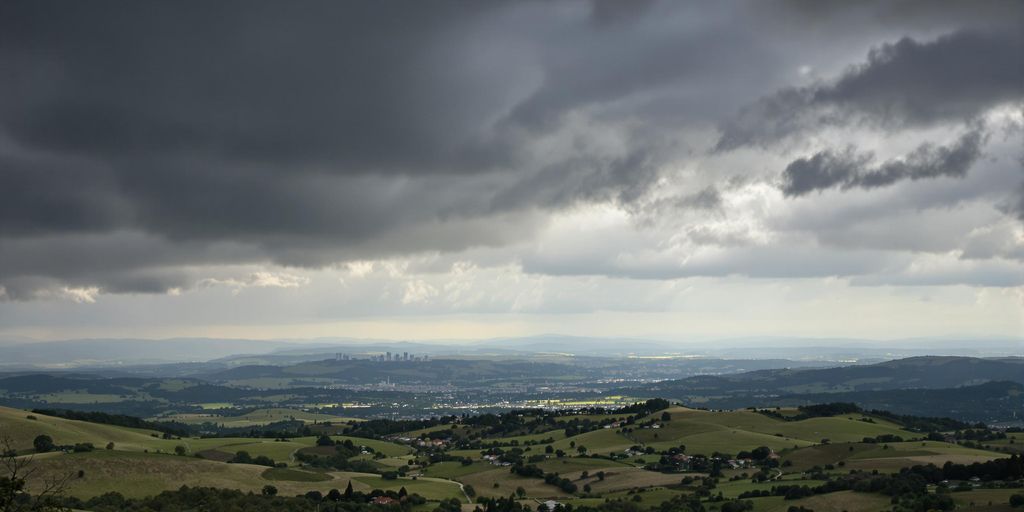Bosnia and Herzegovina is on the brink of a significant political crisis as the verdict for Milorad Dodik, the president of the Republika Srpska, is set to be announced. The outcome of this trial could have profound implications for the country’s political landscape and ethnic relations.
Key Takeaways
- Milorad Dodik faces serious charges for disobeying the High Representative’s decisions.
- The verdict is expected to be announced between February 26 and March 3, 2025.
- A guilty verdict could lead to heightened ethnic tensions and political instability.
- Dodik has threatened radical responses from the Republika Srpska if convicted.
Background of the Case
Milorad Dodik has been embroiled in legal troubles for over a year, accused of promoting laws that defy the authority of the High Representative, Christian Schmidt. These laws, passed by the National Assembly of the Republika Srpska, aim to prevent the implementation of state-level Constitutional Court rulings. The High Representative, who oversees the implementation of the Dayton Agreement, has blocked these laws, leading to Dodik’s prosecution.
The Bosnian Prosecutor’s Office has requested a prison sentence of up to five years and a ten-year ban on Dodik’s political activities. The trial has drawn significant attention, as it could redefine the balance of power within Bosnia and Herzegovina.
Potential Outcomes
The verdict, expected soon, could lead to several scenarios:
- Guilty Verdict: If convicted, Dodik may face imprisonment and a ban from public office. This could trigger a backlash from the Republika Srpska, with Dodik’s supporters threatening to withdraw from joint institutions and make radical decisions in response.
- Acquittal: An acquittal could embolden Dodik and his supporters, potentially leading to further challenges against the authority of the High Representative and increased tensions with the central government.
Political Reactions
The political climate surrounding the trial is charged. Dodik has received support from regional leaders, including Serbian President Aleksandar Vučić, who expressed hope for a reasonable verdict to avoid destabilization in the region. Conversely, opposition parties within Bosnia have criticized Dodik’s actions, arguing that they jeopardize the country’s stability.
Implications for Ethnic Relations
The trial and its outcome are poised to impact ethnic relations in Bosnia significantly. The country is still recovering from the scars of the 1992-1995 war, and any perceived injustice against Dodik could reignite ethnic tensions between the Bosniak, Serb, and Croat communities. Observers warn that the situation could escalate, leading to a re-examination of the Dayton Agreement and the delicate balance it established.
Conclusion
As Bosnia and Herzegovina awaits the verdict in Dodik’s trial, the stakes have never been higher. The decision will not only affect Dodik’s political future but could also reshape the nation’s political landscape and ethnic dynamics for years to come. The international community watches closely, aware that the repercussions of this trial could reverberate far beyond Bosnia’s borders.






